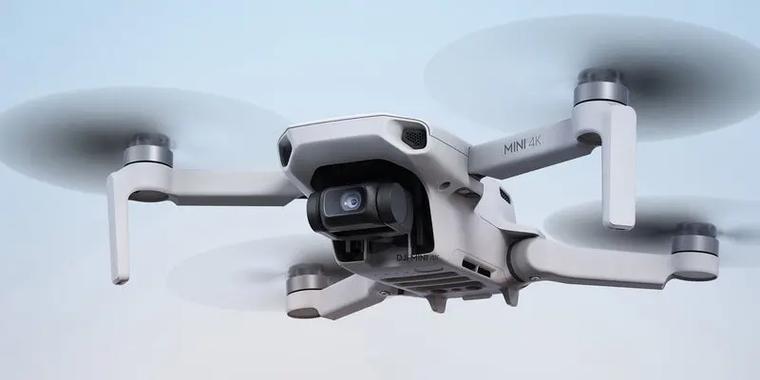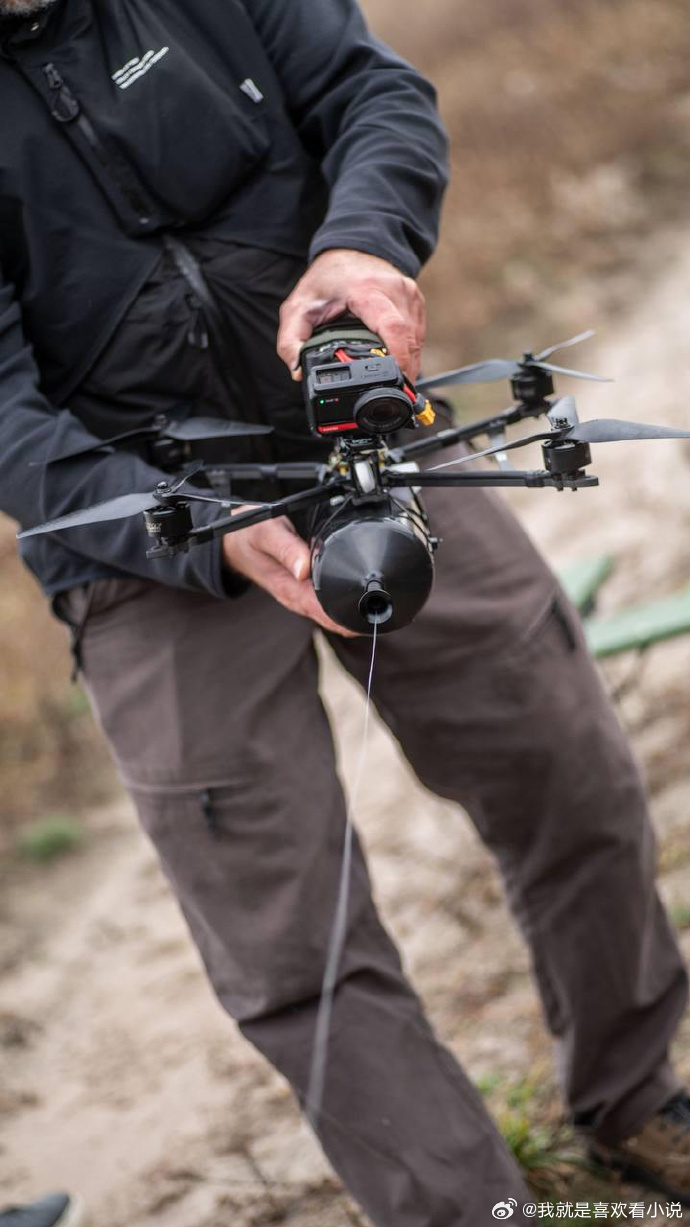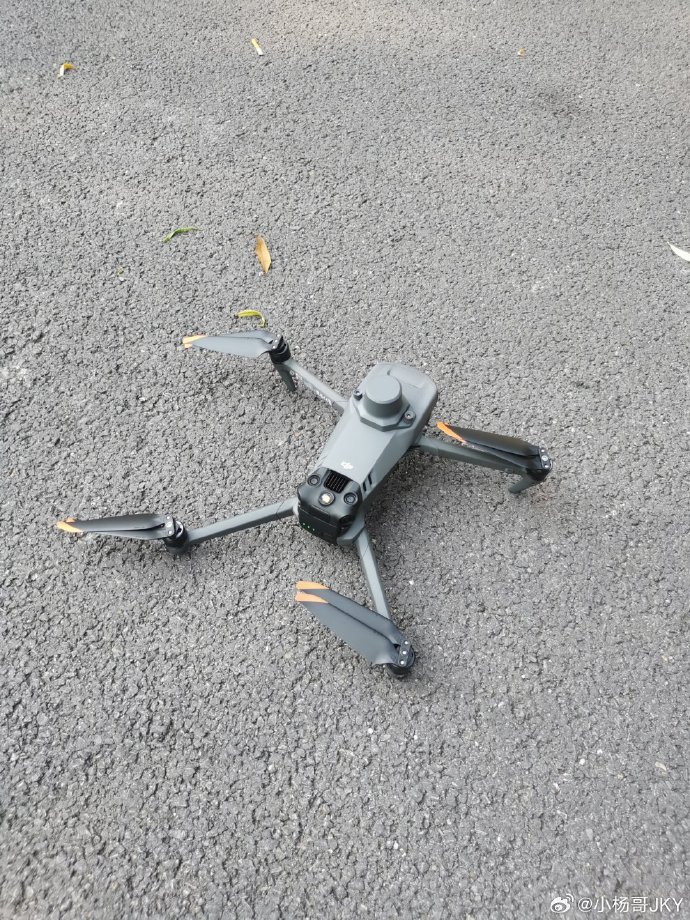Drones and Their Integration in Diverse Sectors
The US drone market reflects a robust progression, primarily driven by innovations and adaptability within multiple industries. Agriculture continues to harness drones for precision farming, improving crop yields through targeted interventions. In construction, drones streamline operations by providing aerial inspections and mapping capabilities, reducing human-error risks and enhancing project efficiency. Furthermore, media and entertainment have embraced drones to capture stunning aerial visuals that were previously unachievable.
Companies are also focusing on drone delivery systems, revolutionizing how goods are transported over short distances. This application has especially gained traction in urban areas where traffic congestion poses significant challenges to prompt delivery.
Technological Innovations: The Next Level
Technological advancements are at the heart of new drone capabilities. Improved battery life, enhanced AI functionalities, and better sensor technology contribute to drones that can operate longer and perform complex tasks. Innovations such as obstacle avoidance and autonomous operation make drones safer and more reliable for commercial usage. Notably, drones equipped with thermal imaging and LiDAR are becoming integral to rescue operations and disaster management, where rapid response is critical. These features facilitate better data collection and actionable insights.
Security and Compliance
The role of drones in security has expanded with surveillance capabilities. Drones are being deployed for border patrol, counter-terrorism, and perimeter security in critical installations. Understanding airspace regulations is vital, as compliance with Federal Aviation Administration (FAA) guidelines ensures safe and lawful drone operations. This legal framework requires drone operators to register their drones, observe no-fly zones, and adhere to privacy laws affecting data collection during flights.
With privacy concerns rising, new protocols and ethical guidelines are being formulated to govern data usage and ensure individual privacy rights are respected. These regulations will further cement trust in drone technology and determine its future inclusivity.
The Competitive Landscape
Numerous companies strive to capture market share in the US by refining their drone models and presenting cost-effective solutions for enterprises. Racing towards drone innovation, tech giants and startups alike are focusing on agility and the capability to cater to personal, professional, and industrial needs. This dynamic competitive landscape is spurring faster advancements and reducing technology costs for consumers.
Drone startups are uniquely positioned to explore niche markets and custom solutions, presenting opportunities to meet specific client demands. As consumer interest in drones surges, companies are responding with diversified product offerings.
Future Outlook: Autonomous Potential
 The dream of fully autonomous drones is inching closer to reality. Anticipation builds as research into autonomous navigation systems reduces the dependency on human operators, paving the way for independent drone fleets that can perform tasks without direct supervision. Such advancements promise efficient resource management and process automation across industries.
The dream of fully autonomous drones is inching closer to reality. Anticipation builds as research into autonomous navigation systems reduces the dependency on human operators, paving the way for independent drone fleets that can perform tasks without direct supervision. Such advancements promise efficient resource management and process automation across industries.
With drone technology evolving at a rapid pace, the foreseeable future hints at how drones could further alter landscapes, enhancing capabilities from personal gadgetry to emergency response tools.


How do drones impact privacy concerns? Drones with surveillance capabilities have raised privacy issues that are addressed through regulations. The law ensures data collection doesn’t infringe on personal rights, while new technologies are developed to protect data integrity.
Are drones environmentally friendly? While drones can reduce the carbon footprint through efficient deliveries and reduced transportation needs, their environmental impact largely depends on manufacturing practices and energy sources used during operations.
